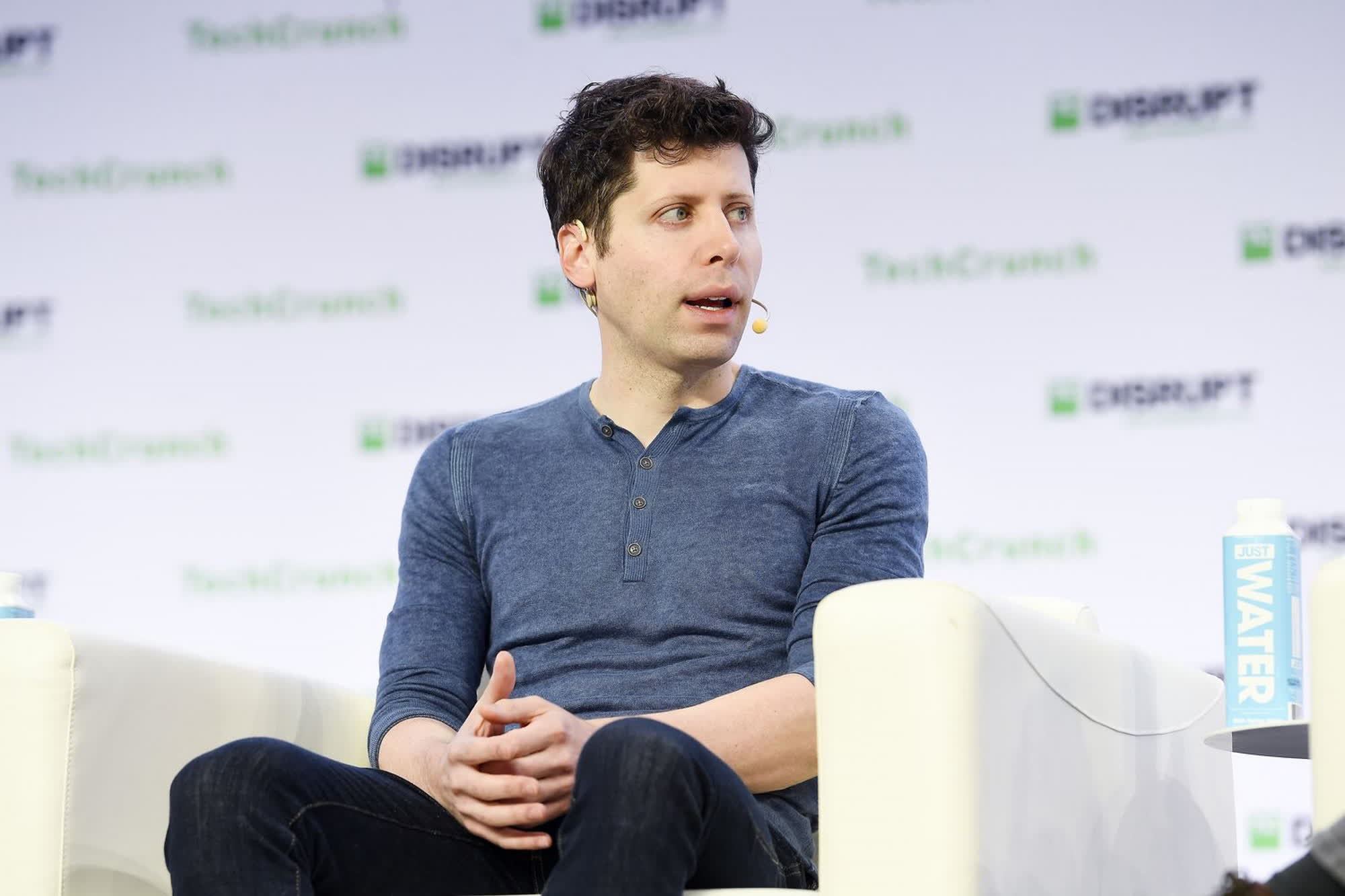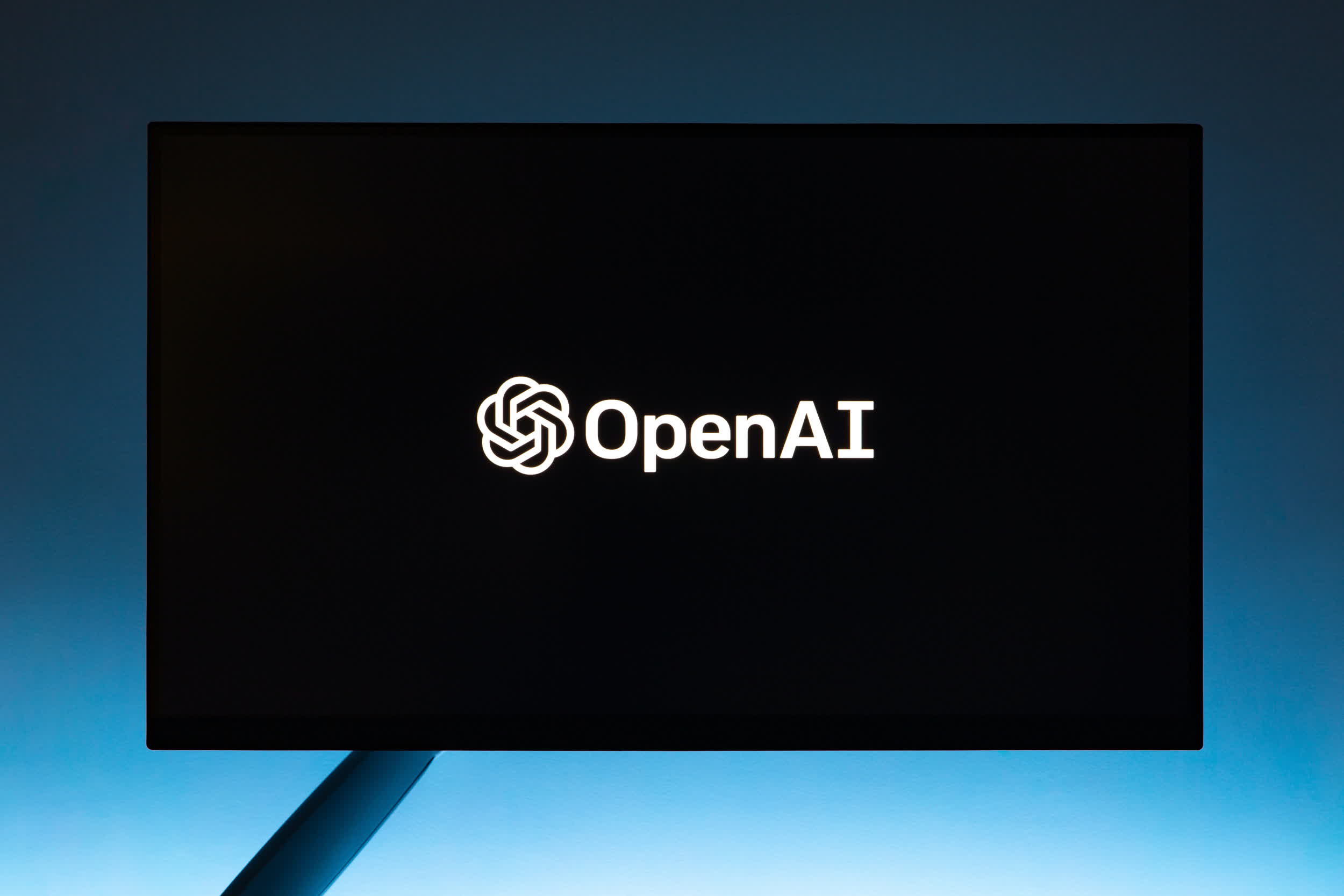The big picture: Nvidia is accumulating a substantial amount of money, primarily due to its potent GPUs for AI acceleration. However, these computing devices are expensive and are facing growing challenges related to chip shortages. Sam Altman attempted to secure funding for a new AI chipmaker before OpenAI terminated his position due to perceived shortcomings in his "candid" communication with the board.
OpenAI's management drama is becoming increasingly intriguing and tumultuous. The company recently terminated Sam Altman, who served as a board member before his appointment as CEO. However, Altman has now been reinstated, accompanied by a new board, and Greg Brockman has returned as OpenAI president.
In the weeks leading up to his termination and subsequent reinstatement, Altman appeared to be actively seeking funds for a new venture centered around "AI chip" development. Insiders have disclosed that Altman aimed to raise billions of dollars from major global investors and even traveled to the Middle East to attract Saudi investment funds for his ambitious plan.
The project, codenamed Tigris, intended to create new Tensor Processing Units (TPUs) specifically designed to efficiently handle substantial volumes of specialized AI workloads. Altman was reportedly proposing a cost-effective alternative to Nvidia's GPUs, which are widely recognized as the most sought-after computing units for accelerating AI algorithms. His plan sought to address the escalating costs associated with running platforms like ChatGPT and other OpenAI services, while also establishing a new supply line to mitigate challenges related to the GPU shortage.

Seeking investment partners outside the US could, of course, become a cause for concern. As former US Treasury Department official Philip Ludvigson explains, "if the foreign investments are passive – for example, don't come with board seats – and stay under 10%, they are less likely to face scrutiny."
Altman would likely have no shortage of funding partners for his new venture now, as major existing investors in OpenAI, such as Microsoft, are ready to pour billions of dollars into whatever the entrepreneur is cooking. According to Brad Lightcap, OpenAI's chief operating officer, the board's decision to fire Altman wasn't related to the AI chip venture or any other "financial, business, safety, or security / privacy" practice by the former/new CEO.
The AI server market is expected to explode in just a few years, with Foxconn predicting a $150 billion business by 2027. Nvidia's revenues are currently skyrocketing, with the GPU company experiencing a net income increase of 1,259 percent compared to last year. In the short term, a low-cost TPU competitor would likely pose no threat to Jensen Huang's company.
